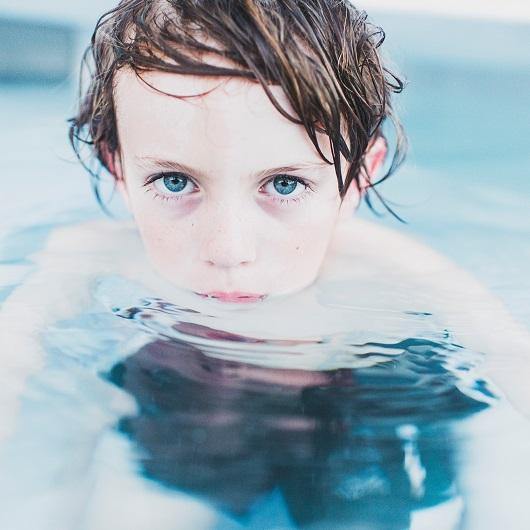Dear parents, let’s face the truth. It takes a lot of courage to tell the truth-for anyone-at any age. It doesn't always come naturally, so it's a parent's responsibility to teach a child to be brave enough to fess up. Like so many other characteristics you'd like your kids to have, this one depends a lot on you.
Truth shows courage.
Let them know that you put more emphasis on their honesty than on the punishment for their dishonest behavior. Congratulate them when they tell you an unpleasant truth.
Truth helps you and others
You can also tell them situation in which you, as a child, were in a position to choose between a truth and a lie and what was the outcome, either ways you chosen. Explain them the long-term impact a lie could have on others and how brave is to show the courage of acknowledge a lie. It’s not too late, even if he lied to repair things with honesty. They have to learn that however unpleasant a truth can be, it still remains a main sign of good intentions which is a valuable attitude. Also, you should explain your child that even a well-intentioned lie, like the one to protect his friends can be dangerous and provoke the opposite effect for the ones he loves and try to protect.
Be a role model
As is always the case, you are the role model. You do not want your child to hear you telling a lie. To see you perform a dishonest act. Always be careful to keep your behavior clean, because this mixed messages will ruin his trust in your or the truth. Even it is about inoffensive lies, like telling an insistent colleague that out of town for the weekend to avoid his visits. It’s enough to hear that conversation on the phone, and your child will doubt your entire importance of the truth theory.
Do not lead the witness
Though it’s tempting to test them, try to avoid asking questions that give your child a chance to not be honest. You saw your daughter spill red juice on the couch. No need to ask, “Did you just spill your juice on the couch?” This leads her to believe she might have a way out and could possibly pass blame elsewhere. Just tell her to clean it up. She’ll have enough opportunities to tell the truth.
Catch them being honest
We often catch kids with lies, but if we want to teach them to value honesty, we need to look for opportunities to acknowledge when they tell the truth, especially in situations where it might have been easier for them to lie. When your child tells you the truth about something they’ve done, take a moment to show that you appreciate their honesty by saying, “I’m really glad you told me the truth”.
Offer amnesty
Wouldn't we all feel safer about situations if we knew we wouldn't be prosecuted if we just came clean? Well the same situation applies to your child. Children don't want to be truthful if they know a spanking, or other punishment, awaits them. Try offering amnesty. Let your child know, no matter what, if they tell the truth they will not be punished. This method will definitely curb your child's affection for untruthfulness.

